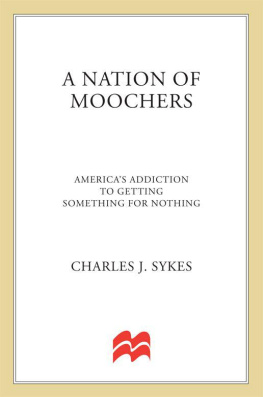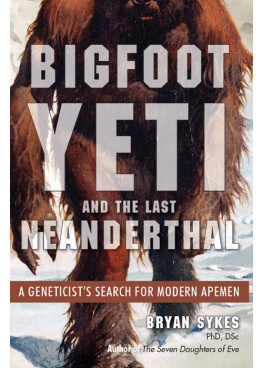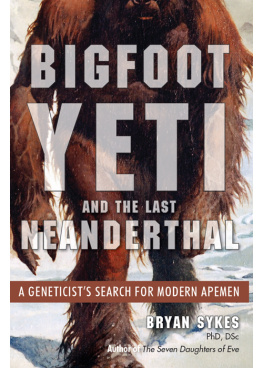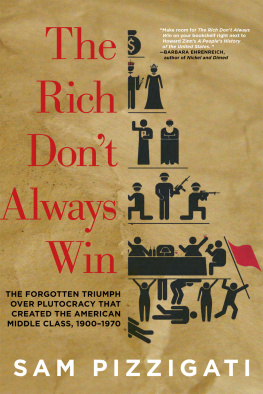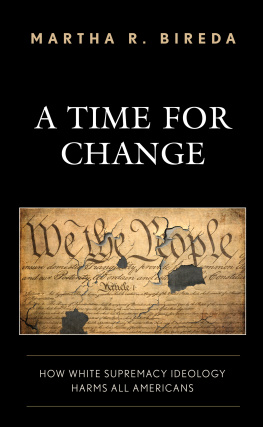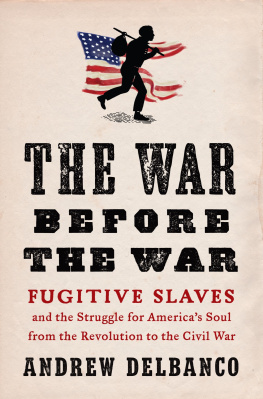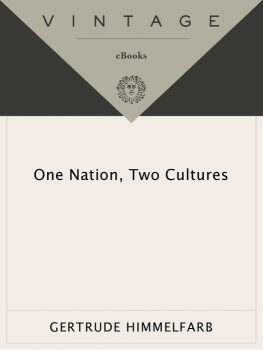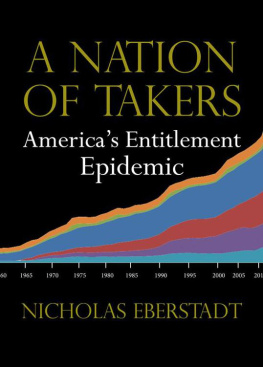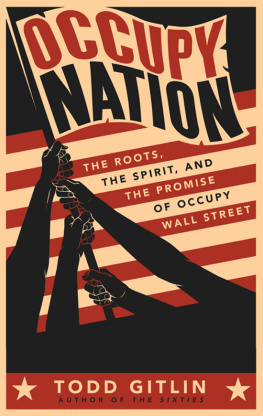
For my little Frenchman, Elliott
Contents
Part One:
Chapter 1.
Chapter 2.
Part Two:
Chapter 3.
Chapter 4.
Chapter 5.
Chapter 6.
Part Three:
Chapter 7.
Chapter 8.
Chapter 9.
Part Four:
Chapter 10.
Chapter 11.
Chapter 12.
Chapter 13.
Part Five:
Chapter 14.
Chapter 15.
Chapter 16.
Chapter 17.
Part Six:
Chapter 18.
Chapter 19.
Chapter 20.
Preface
Mooch: verb he was always mooching money from us: beg, ask for money, borrow; informal: scrounge, bum, sponge, cadge.
noun she is such a mooch: beggar; informal: bum, scrounger, cadger, freeloader, moocher.
( Oxford American Writers Thesaurus )
Why moochers?
The title of this book could have been Tin Cup Nation, or A Nation of Freeloaders . This could have been a book about dependency or the culture of entitlement.
But moocherin all its anachronistic gloryperfectly captures the new culture of bailouts and irresponsible grasping, everything from corporations feeding at the trough to the permanent victims of Hurricane Katrina. Appropriately pejorative and judgmental, moocher is so old, it is fresh again. What it lacks in sophistication, it more than makes up for with its bracing bluntness. The next time you are at a cocktail party and a corporate CEO brags about his latest bit of government pork, try responding: In other words, you are a moocher. You may ruin the party, but you will have effectively cut through an awful lot of euphemism and rationalization.
Befitting the times, moocher is already making a comeback. Ayn Rands use of moochers and looters has gained new currency in the era of the Tea Party. Humorist P. J. ORourke titled his paean to Tax Day 2009 A Nation of Moochers I hope this book will make a modest contribution in restoring the word to its rightful place in the American lexicon.
Part One
MOOCHER NATION
Scenes from Moocher Nation
Mankind soon learns to make interested uses of every right and power which they possess or may assume. The public money and public liberty will soon be discovered to be sources of wealth and dominion to those who hold them; distinguished, too, by this tempting circumstance: that they are the instrument as well as the object of acquisition. With money we will get men, said Caesar, and with men we will get money. [Our] assembly should look forward to the time, and that not a distant one, when a corruption in this, as in the country from which we derive our origin, will have seized the heads of government, and be spread by them through the body of the people; when they will purchase the voices of the people, and make them pay the price.
Thomas Jefferson, Notes on Virginia, 1782
Q: Why are you here?
A: To get some money.
Q: What kind of money?
A: Obama money.
Q: Wheres it coming from?
A: Obama.
Q: And where did Obama get it?
A: I dont know, his stash. I dont know; I dont know where he got it from. Buts he giving it to us. To help us. We love him. Thats why we voted for him.
Detroit, October 7, 2009, where thousands of residents turned out for free government money. According to the Associated Press, they were supposed to apply for federal antihomelessness grants, but many were under the impression they were registering for $3,000 checks from the Obama administration.
At the meeting, it was hard to discern where concerns over AIGs collapse ended and concern for Goldman Sachs began: Among the 40 or so people in attendance, Goldman Sachs was on every side of the large conference table, with triple the number of representatives as other banks, says another person who was there.
The Goldman domination of the meetings might not have raised eyebrows if a private solution had been forthcoming.
Of the $52 billion paid to AIGs counterparties, Goldman Sachs was the biggest recipient: $13 billion, the entire balance of its claim.
New York magazine
On Wednesday, 30,000 people suffered through hours in the hot sun, angry flare-ups in the crowd and lots of frustration and confusion for a chance to receive a government-subsidized apartment.
The massive event sometimes descended into a chaotic mob scene filled with anger and impatience.
The Atlanta Journal-Constitution
At 300 East 23rd Street in the exclusive Gramercy Park neighborhood of Manhattan, a new 98-unit luxury apartment complex has been built with an outdoor movie theater and panoramic city views. The problem is that not enough buyers are coughing up the $820,000 to $3 million the projects developers are asking for the privilege to own a unit in the building. Last December, the Federal Housing Administration loosened its financing rules so that U.S. taxpayers would have the honor of backing loans with down payments as low as 3.5%. Now rich Manhattanites can better afford condos in buildings with pet spas, concierges and rooftop lounges like the one in Gramercy Park, all on the taxpayers dime.
The Heritage Foundation
More than $69 million in California welfare money, meant to help the needy pay their rent and clothe their children, has been spent or withdrawn outside the state in recent years, including millions in Las Vegas, hundreds of thousands in Hawaii and thousands on cruise ships sailing from Miami.
Los Angeles Times
In Wilkinson County, Miss., a home has been flooded 34 times since 1978.
The homes value is $69,900. Yet the total insurance payments are nearly 10 times that: $663,000.
The insurer? The federal government.
In Fairhope, Ala., the owner of a $153,000 house has received $2.3 million in claims. A $116,000 Houston home has received $1.6 million.
USA Today
A federal program designed to help impoverished families heat and cool their homes wasted more than $100 million paying the electric bills of thousands of applicants who were dead, in prison or living in million-dollar mansions, according to a government investigation.
Illinois paid $840 toward energy bills for a U.S. Postal Service employee who fraudulently reported zero income even though she earned about $80,000 per year.
Times are tough and I needed the money, she told investigators.
Associated Press
El Campo, Tex.Even though Donald R. Matthews put his sprawling new residence in the heart of rice country, he is no farmer. Yet under a federal agriculture program approved by Congress, his 18-acre suburban lot receives about $1,300 in annual direct payments, because years ago the land was used to grow rice.
Matthews is not alone. Nationwide, the federal government has paid at least $1.3 billion in subsidies for rice and other crops since 2000 to individuals who do no farming at all.
The Washington Post
Chapter 1
A NATION OF MOOCHERS
We are all born moochers; whether we choose to remain so determines our character and our future. All we have to lose is our dependency.
Is America becoming a country where the irresponsible and grasping increasingly live off of those who work, save, invest, and otherwise play by the rules? Have we reached a tipping point where more Americans are relying on the efforts of others rather than their own?
Are we becoming a nation of moochers?
We are very close to that point if we have not already crossed the line. From the corporate bailouts on Wall Street to the declining stigmas on default and dependency, the new moocher culture cuts across lines of class, race, and private and public sectors. Members of the middle class are increasingly as likely to become moochers as the poor; CEOS are as likely to belly up to the trough as the underprivileged; and the BlackBerry has emerged as a more effective tool for mooching than a tin cup. In the Great Bailout, an expensively educated, richly compensated, elaborately insulated, politically powerful, and well-connected elite toyed with the nations wealth and bailed themselves out at the expense of millions of waitresses, steamfitters, shopkeepers, schoolteachers, farmers, retireesand their children and grandchildrenin what may turn out to be the greatest intergenerational transfer of wealth in history.
Next page
